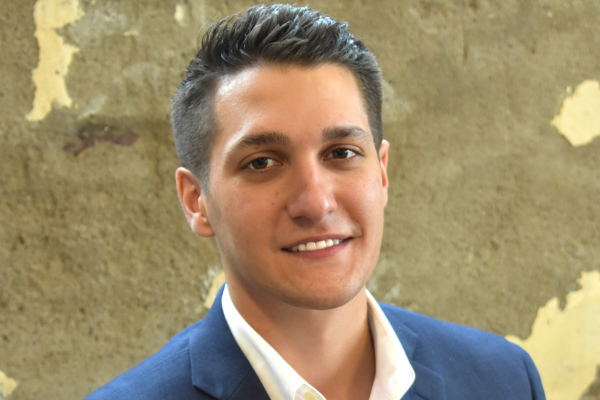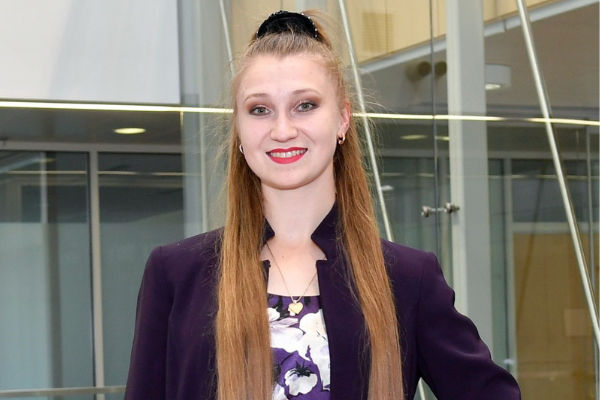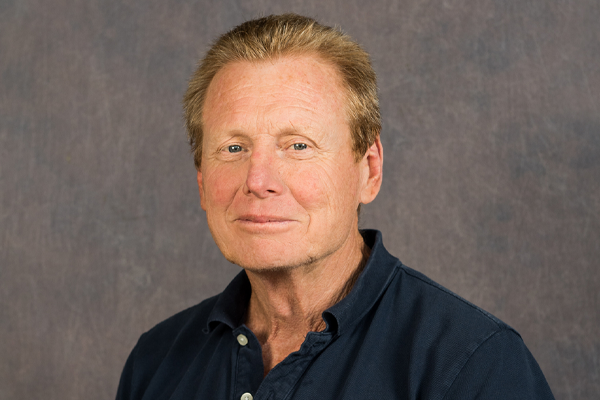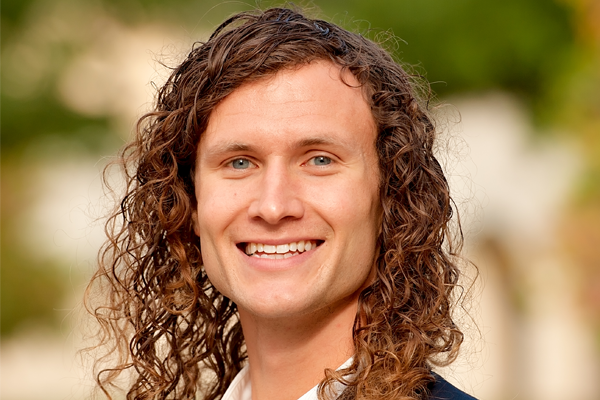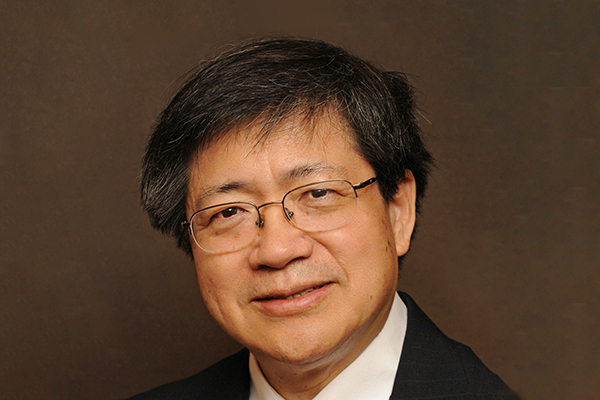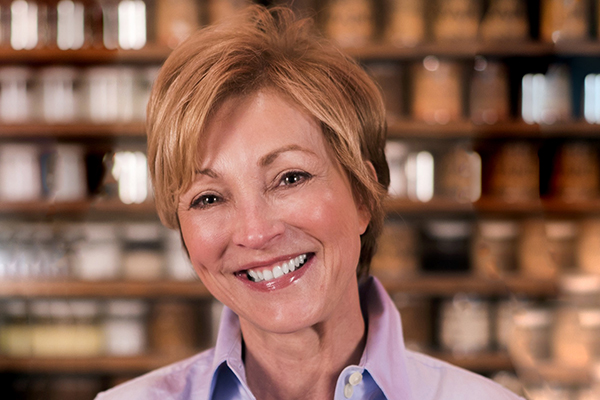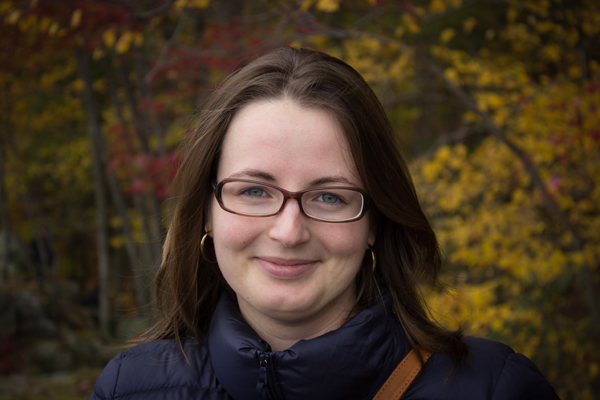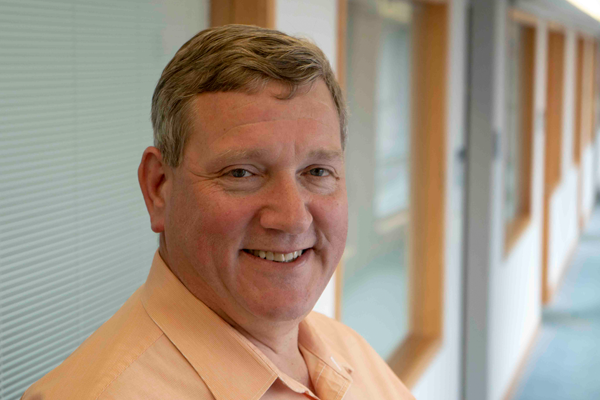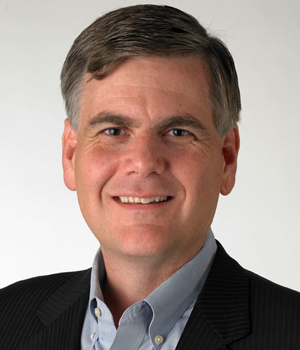
Dr. William D. Provine is a founder and serves as President & Chief Executive Officer for the Delaware Innovation Space, where Bill is presently on loan from DuPont. The Delaware Innovation Space is a mission driven non-profit organization formed in 2017 in partnership with DuPont, the University of Delaware, and the State of Delaware to incubate and accelerate science based startups, and is located on the renowned Experimental Station campus in Wilmington, Delaware.
Prior to his role in the Delaware Innovation Space, Bill led DuPont’s global operations for science and engineering as well as guiding DuPont’s open innovation best practice and engagement processes. Bill has also served in a variety of research, marketing, business development, joint venture, and manufacturing leadership roles over the course of his career. Bill is an active volunteer and has served on many government and university advisory committees and presently serves as a Director on the Boards for the American Association for the Advancement of Science (AAAS) and The Resolution Project. Bill also has been recently recognized as an AAAS fellow.
As President and CEO of the Delaware Innovation Space, what does a typical day look like in your role?
There really is no typical day. The mission of the Delaware Innovation Space is to accelerate the formation and growth of science based startup companies. The breadth of this mandate makes every day exciting with new and different challenges. As the Delaware Innovation Space itself is a startup supporting startups, we are constantly working to improve, enhance, and expand our value proposition to best support our innovation community. On a particular day, you could find me anywhere in the mix from coaching, dealmaking, problem-solving, networking, collaborating, planning, and fundraising in support of the Innovation Space itself or directly in support of our clients and partners.
What have you noticed about the Delaware Innovation Space that makes it the ideal place for innovators?
Science entrepreneurs, especially those developing companies based on biotechnology, chemistry, or materials (e.g., “hard science”) need high quality lab and office support. They also highly value more comprehensive support such as access to high end scientific equipment (e.g., NMR, GC/MS, Real-time PCR, etc.), leveraged laboratory operations (e.g., waste disposal, access to cell culture room), loaned equipment (e.g., balances, heaters, glassware), technical and business mentorship, and being part of a fun and vibrant innovation community. The combination of all of this supported by an expert team of innovation specialists makes the Delaware Innovation Space the ideal place for hard science entrepreneurs.
What types of industries do you typically deal with and which industry have you seen the most growth in?
The Innovation Space is focused on supporting companies in the market sectors of healthcare, nutrition, chemical ingredients, industrial biotechnology, renewable energy, and advanced materials. Industries that have seen the most growth recently include healthcare/therapeutics, drug delivery, advanced materials, and renewables.
What do you see at the Innovation Space as the most common challenges for science entrepreneurs to break into the market?
The most common aspect that science entrepreneurs are challenged by is that your startup company needs to be a business first and a great platform for science as a strong supportive feature-- not the reverse. At the Innovation Space, we invest in supporting our entrepreneurs and provide many tools to them for building their business – such as access to expert mentors (e.g., with our entrepreneur in residence program), expert legal support (e.g., with our partnership with Wilson Sonsini – WSGR), and access to our business building programs (e.g., such as our Startup Smart Bootcamp and the Chemical Ventures Conference) and other programming.
Is there any product you’ve helped push to market that you’re most proud of?
My career has been mainly dedicated to working to create new ventures and businesses as part of a team on the high risk/high reward category of R&D and business development. Even with this high bar challenge, I’ve been fortunate to have been involved as part of the teams at DuPont that launched a number of new products to market while leading the way in the early days of industrial biotechnology such as Bio-PDO® and Bio-Isobutanol® as well as groundbreaking capacity expansion programs with the production of titanium dioxide and vinyl acetate monomer. I have also been very proud of the work and my contributions to stand up two new businesses/organizations; one as a joint venture between DuPont and BP — Butamax® for Bio-Isobutanol development and production, and the second was the Delaware Innovation Space.
What advice would you give an aspiring entrepreneur?
(1) Be able to tell the story of your company or your idea in under 3 minutes and include in your pitch the key components of why what you are doing is unique, and how it solves a problem or provides new capabilities to your customers better than any other option.
(2) Don’t get lost in or too enamored with your science and make sure that you connect strongly with your customers and the value proposition of your overall offering while intensely studying the competition – both in-kind and not-in-kind alternatives.
(3) Always be willing to change directions or pivot as the market or competitive landscape requires.
This article has been edited for length and clarity. The opinions expressed in this article are the author's own and do not necessarily reflect the view of their employer or the American Chemical Society.
Copyright 2020 American Chemical Society (All Rights Reserved)

